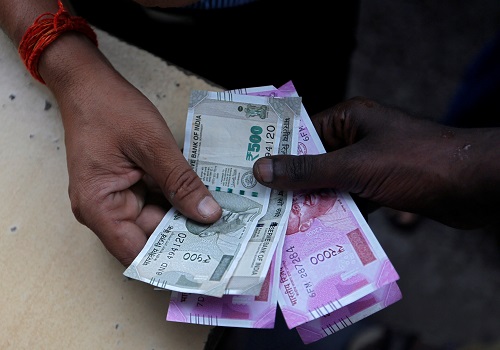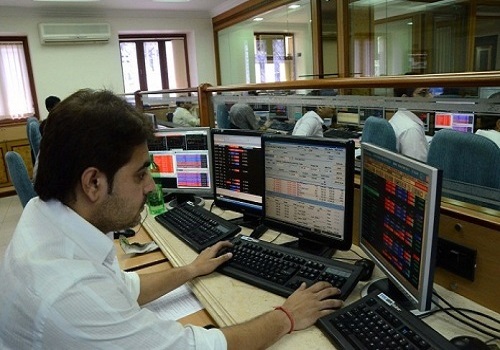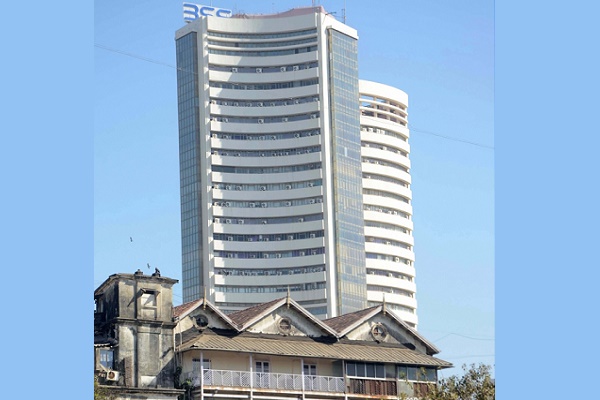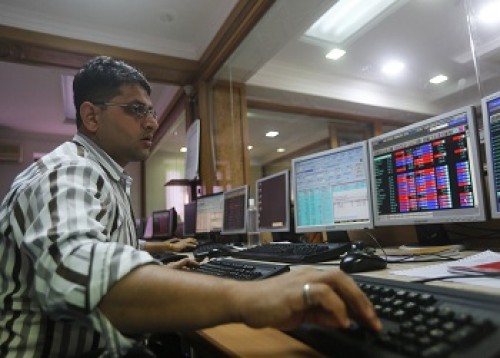Commentary on the current market situation by Mr. Ajit Banerjee, Chief Investment Office of Shriram Life Insurance Co

Below the Commentary on the current market situation by Mr. Ajit Banerjee, Chief Investment Office of Shriram Life Insurance Co
Despite India's strong economy and stable corporate results, global negative developments are still impacting market movements.
Here's a summary of the key factors:
Fear of recession in the US - Fears of the US staring at a recession have intensified after the July jobs report, which threw a big downside surprise with fairly broad-based signs of weakening. US’s unemployment rate jumped to 4.3%, its highest level in nearly three years and marking the fourth consecutive monthly increase.
Besides, poor manufacturing PMI numbers and very poor new order numbers added further to the fear about weakening in the US economy.
Rate hike by Bank of Japan - Bank of Japan announced a well telegraphed 0.25% rate hike and signalled more hikes in the future. They also announced a reduction in bond purchases. On the other side, expectations of a rate cut in the US contributed to a weaker dollar, making the yen stronger comparatively, which has led to an unwinding of Yen carry trades as the Yen has appreciated. Japanese Yen appreciated 3% vs. USD last week.
When yen strengthens, the carry trades become less profitable and investors rush to unwind their trades and avoid losses. This means selling off investments to repay borrowings. This has also played a role in the global sell-off including India. This also led to Japanese stock markets falling down by 20% from their recent all-time highs. The Tokyo stock exchange has triggered a circuit breaker for the TOPIX due to significant market volatility.
Geopolitical Tensions have weighed quite considerably on the market sentiment as concern of retaliation by Iran and its regional allies on Israel and US and other western allies getting involved in support of Israel may lead to a full-fledged war in the region. Any war breaking out will lead to huge global disruption and unsettle the world economy, which is stilling limping. If the war escalates from current levels, it will hit market sentiment strongly given the uncertainty around production and price of critical crude oil resources that these countries possess, besides other repercussions of a war on global economy and trade.
Overvaluation concerns - When the going gets good, investors at times ignore high valuation concerns and froths visible in the market in expectation of long-term growth prospects etc. even though the exposure may be in the midcap and small cap segments. However, when large-scale sale is triggered then investors try to get into risk-off mode leading to further corrections in the market. During last week, India’s market capitalisation to GDP ratio had jumped to record high of 150%.
Flat to Normal result season - Most market experts and fund managers anticipated a moderate FY24-25 compared to FY23-24 due to a high base effect. However, the actual Q1 results, while aligned with projections, failed to provide positive market triggers, leading to a loss of momentum and inadequate resistance against domestic market corrections.
Debt Market Reaction on Indian Bonds: Indian 10-year B.M. paper which closed at 6.90% levels on 2nd Aug dropped to 6.85% at the time of writing this report. We can expect some further limited downside movement in the yield curve going forward once we get to hear the RBI MPC decision on rates and stance on 8th August.
Above views are of the author and not of the website kindly read disclaimer






















